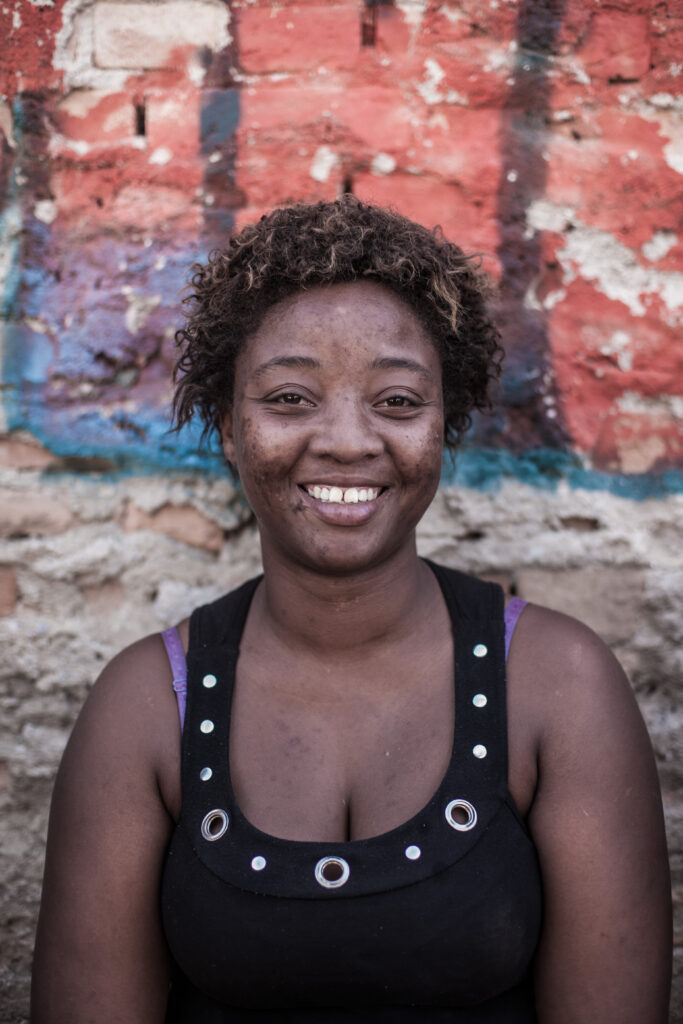Context
Contrary to the Anti-Asylum Movements and as an attempt to control the flow of substance users in the city center, São Paulo City Hall has been implementing since April this year a public policy of psychiatric hospitalization without the consent of users and homeless people living or circulate through the region.
ADVERTISING
Between April 27th and June 1st, 22 hospitalizations involuntary in Cracolândia, installed in Praça Princesa Isabel since March this year. Only 3 of those hospitalized were drug users and the majority had no relationship with the region.
The episode was the result of the Caronte mega police operation, which dismantled the crowd and dispersed it with tear gas bombs. After being announced by Mayor Ricardo Nunes (MDB), hospitalizations were considered illegal for not having been properly communicated to the Public Prosecutor's Office and the Public Defender's Office. This was the first time that the municipal management decided to resort to this practice.
The law that allows the “hospitalization of people in a situation of drug addiction” without their consent was sanctioned by President Bolsonaro in 2019 and makes up the National System of Public Policies on Drugs.
ADVERTISING
The conduct of the civil police in the face of Cracolândia's problems – illegal drug trafficking, violence, public health – is criticized by experts. To Agência Brasil, researcher Aluizio Marino stated that scatter actions make the issue worse, as “they multiply the number of mini Cracolândias and scenes of use”. There are, however, those who advocate that the group be removed from the areas they usually occupy – such as some residents and traders in the neighborhood.
Legacy in humanity
The humanized treatment of people with psychiatric disorders or drug addiction was defended by psychiatrist Nise Magalhães da Silveira (1905-1999), a Brazilian who resisted procedures such as confinement and lobotomy in the 40s and received the title of “Heroine of the Fatherland” by the Brazilian Congress. O Bill of Law that honored her had previously been vetoed by Bolsonaro. Nise is a precursor of the anti-asylum struggle, and inspirer of the Psychiatric Reform, which is one of the bases of the so-called Psychosocial Care Network (RAPS).
Types of hospitalization
Currently, there are three types of hospitalizations psychiatric treatment of users of prescribed substances in Brazil. In all of them, it is necessary for the responsible doctor to make the request and agree with the measure. Many tend to confuse or believe that the terms “compulsory” and “involuntary” mean the same.
ADVERTISING
- Voluntary hospitalization: the patient himself declares written consent;
- Involuntary hospitalization: occurs without consent and at the request of third parties, such as family members. Lasts up to a maximum of 90 days. The applicant may request interruption of treatment at any time.
- Compulsory hospitalization: is determined by the Court without the consent or authorization of the patient's family. The judge after a formal request from a doctor, certifying that the person has no control over their own psychological and physical condition
“Craco Resiste”: movements react
The adoption of the practice began
http://www.planalto.gov.br/ccivil_03/leis/leis_2001/l10216.htm
police action https://twitter.com/pontejornalismo/status/1536802337813151744
https://twitter.com/pontejornalismo/status/1527385702098292743?s=20&t=9gVJaXzyoDyzmukJi14EzQ
https://www.camara.leg.br/deputados/141421
Dispersion of Cracolândia increases support for violent actions, say scholars (Folha de S. Paulo)
Calling 'Cracolândia' 'Cracolândia' helps real estate speculation, says researcher (Bridge)
Inside the units that admit drug users in Cracolândia
ADVERTISING
'Wiping ice': police carry out new action in SP's 'Cracolandia'



